
- CORPORATE MESSAGE
-
Our Company
-
Our Business
- Developed Properties
- Sustainability
- Recruitment Information
A shared facility in a manufacturing neighborhood,
creating value by crossing technology with ideas
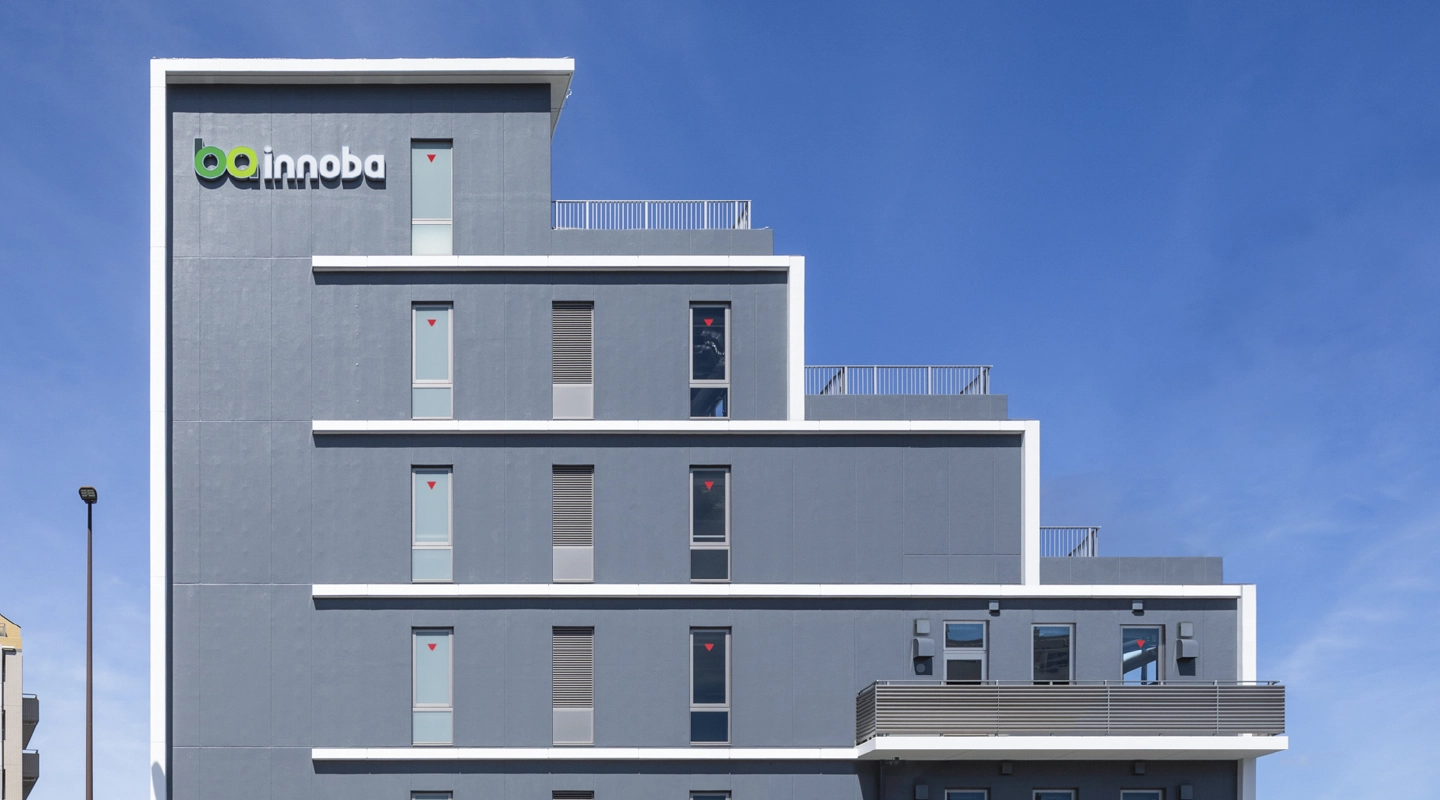
In every age, the world has evolved toward prosperity by tackling new challenges. Colleagues within the MC Group, engaged in diverse fields of business, are shouldering roles in that process.
At the end of August, Mitsubishi Corporation Urban Development completed construction of innoba Ota, a shared industry creation and support facility housing manufacturing firms, R&D companies, and startups in Ota, a city-level area of Tokyo known for manufacturing. For the first project under this new brand, Mitsubishi Corporation Urban Development's aim is to create innovation through measures encouraging collaboration among tenant companies, creating a hub for industrial promotion in the region.

"For this new brand that contributes to regional industrial promotion, it is a great honor for us to launch the first project in the manufacturing city of Ota." This was the powerful message of Mitsubishi Corporation Urban Development President Masahito Tamura at the September 5th signing ceremony for a partnership agreement with Ota City on the revitalization of regional industry.
The concept behind this company's new innoba brand envisions diverse industries and business categories, including manufacturing and R&D, gathering in a single facility to promote collaboration through the use of shared spaces and events, in turn connecting to the strengthening and expansion of tenant companies' businesses. Unlike most incubation facilities that are operated by local governments or universities with a dependence on subsidies, innoba is garnering attention as a privately established, privately operated incubation facility, a rarity in Japan.
How did the company develop this new brand, and where does it seek to find opportunities for success? We will explore these questions in terms of both development and operation of the facility.
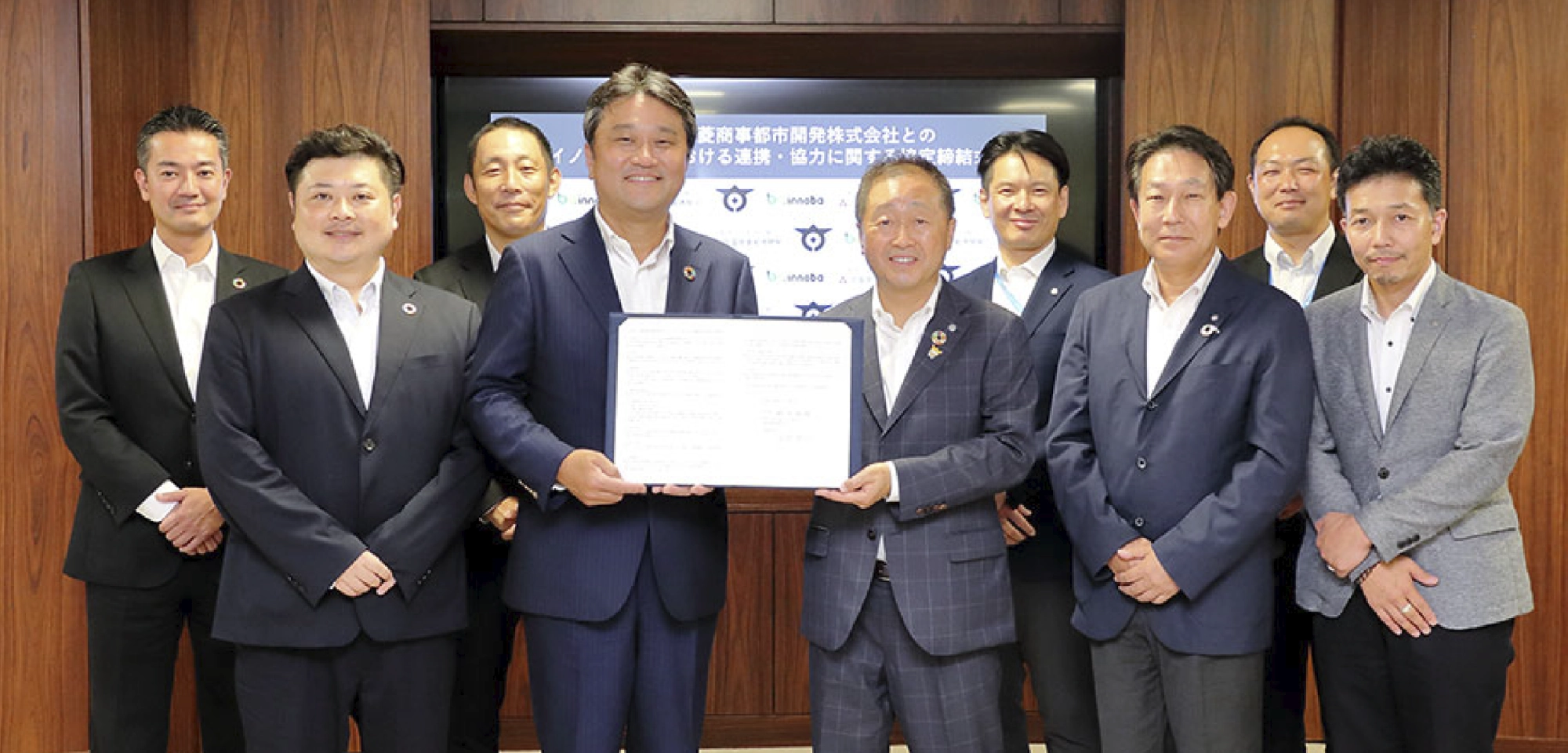
At the signing ceremony for the partnership agreement with Ota City
The story begins about two and a half years ago, when Mitsubishi Corporation Urban Development bought land owned by an MC Group company.
The site was in Nakarokugo, Ota, a place where houses mingle with neighborhood factories near the Tama River estuary area. Would a condominium be best for the site, or would some other asset, the company wondered. As it considered options, it eventually fixed its gaze on the uniqueness of the Ota City area. A manufacturing hub known for the "downtown bobsled" developed mainly by neighborhood factories, the novel Downtown Rocket that depicts the struggles of such factories, and more, Ota City does in fact boast the largest number of manufacturing business operators in Tokyo, with mechanical metalworking businesses particularly active.
Ayumi Kudo, Manager of Project Management Dept. I, looks back at the start. "What we learned in research was that the area's neighborhood factories perform small-lot, short-term subcontracting for the processes they have experience in, and seek collaboration. This meshes well with, for example, startups that are looking to quickly create prototypes. The potential exists for ideas unique to these startups to spark activity like a chemical reaction. From that standpoint, we hypothesized that a need exists for a multi-tenant facility that would house not only neighborhood factories and other manufacturing businesses but also R&D firms and startups."
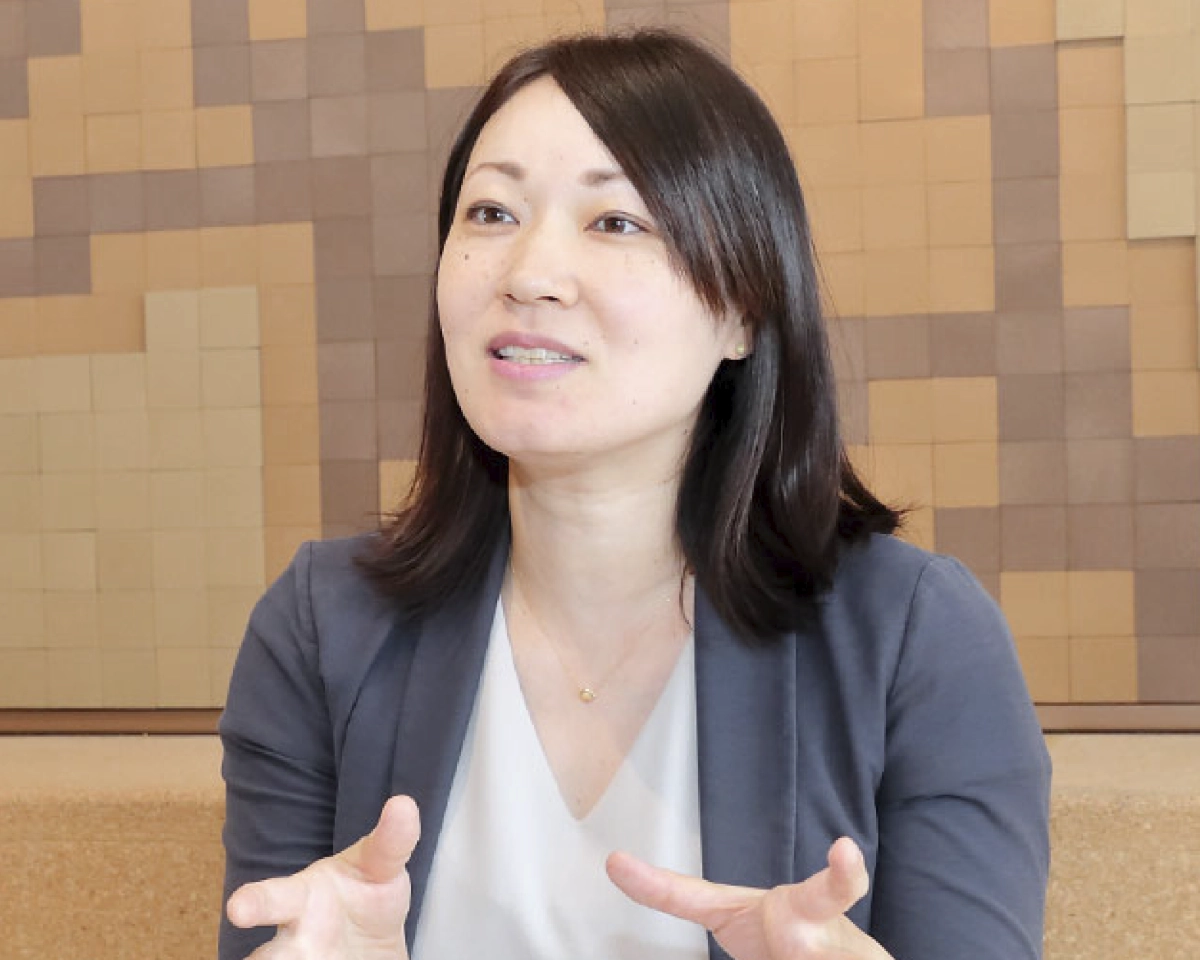
The question was how to test this hypothesis. The initiative was a new one for a company that had worked mainly in logistics and commercial assets, and, as noted earlier, there was a near absence of precedents by private sector firms. Ms. Kudo's team busily made the rounds of hearings with parties including incubation facility operators, local government bodies, and manufacturing businesses of the sort envisioned as tenants.
"There were a lot of technical terms and things we didn't understand. Day by day we threw ourselves into researching and learning, and visited facilities that would serve as reference in envisioning a completed image. We gradually came to see that a wide array of needs existed even within the manufacturing industry, not only for factories but also for the use of facilities as showrooms, test kitchens for the dining industry, and more. In this way, a concept of innoba as a shared facility for industry creation and support, targeting a wider range of industries and business categories, took shape."
innoba Ota has six above-ground floors and 32 partitioned areas ranging from about 61 m2 to 229 m2. As of October, three manufacturing companies and one specialized trading company serving the manufacturing industry had become tenants. Mitsubishi Corporation Urban Development receives many inquiries from interested prospective tenants, and is now moving to the operational stage of enhancing the value of the facility. As a part of this, the company signed a partnership agreement with Ota City, and has made plans that include cooperation with incubation facilities run by the city and taking part in factory tour events by participating companies in the city. The company says it is also in discussions with Kanagawa Science Park, a major base for research and development companies.
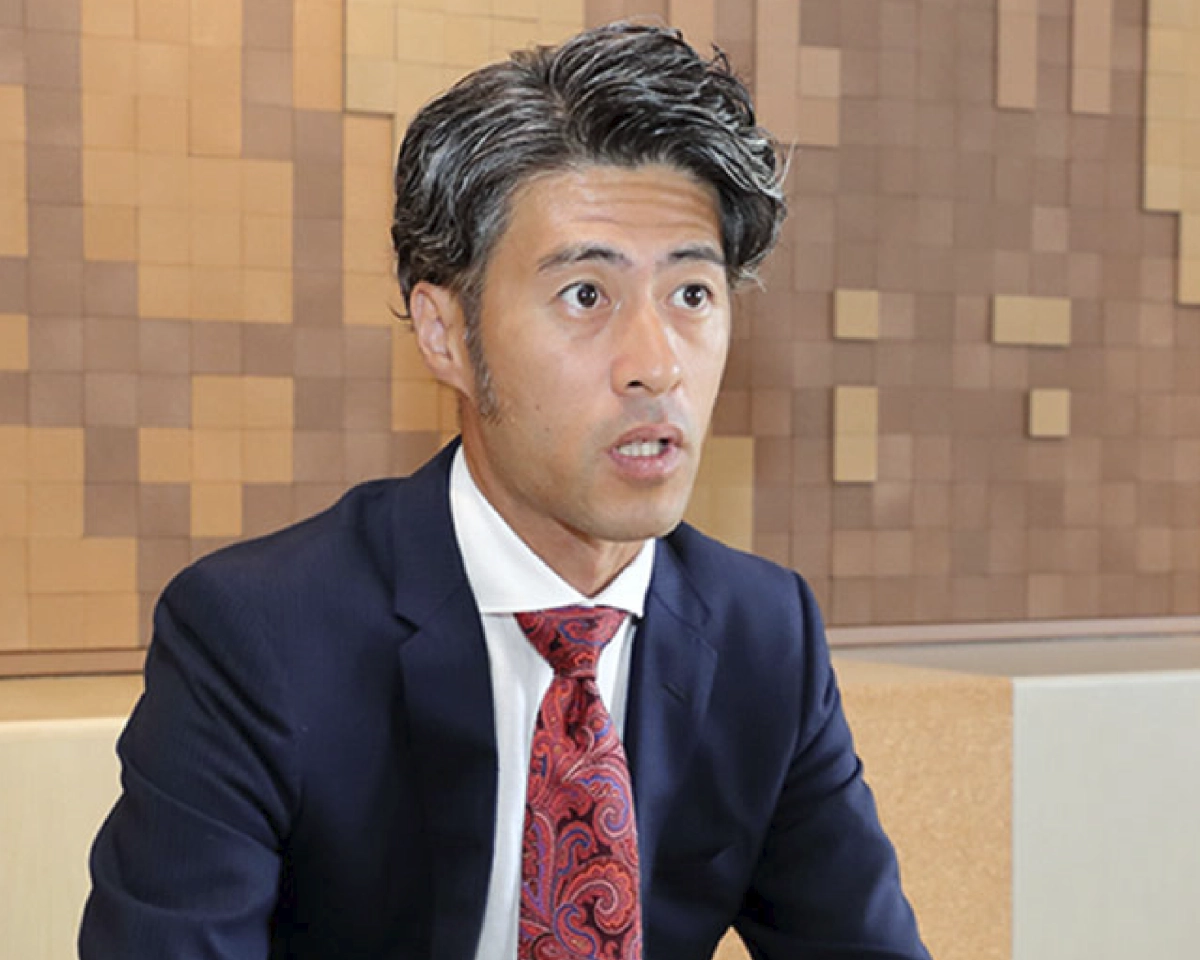
Naoya Sagara, Manager of the Operation and Supervisory Dept, shoulders the heavy responsibility for these management aspects. "Up to now I've been involved mainly in logistics facility management work, so this is my first experience in running a facility like innoba. I believe that the important thing is not only collaborating with other facilities but also closely communicating with tenant companies, drawing out what sort of latent needs exist, and developing services that address those. My greatest role is to build up operational know-how and connect it to the next steps. It's challenging but rewarding work," he said, looking ahead.
While Mitsubishi Corporation Urban Development's innoba brand of urban development has just made its start, its privately established, privately operated nature has garnered considerable attention. Mitsubishi Corporation Urban Development fields numerous inquiries from local government bodies seeking to attract "post-incubation facilities" that are not dependent on public management or subsidies. In areas other than manufacturing, too, Mitsubishi Corporation Urban Development should also be able to leverage its know-how in multi-tenant spaces that can be flexibly adapted to regional industrial characteristics such as strengths in tech or strengths in life sciences.
From the approaches of development and operations, and from the enthusiastic viewpoints of Ms. Kudo and Mr. Sagara who speak of establishing a brand that leads to differentiation from competitors in the real estate industry, a vision for the future has come into view in which innoba spreads to every corner of the country.
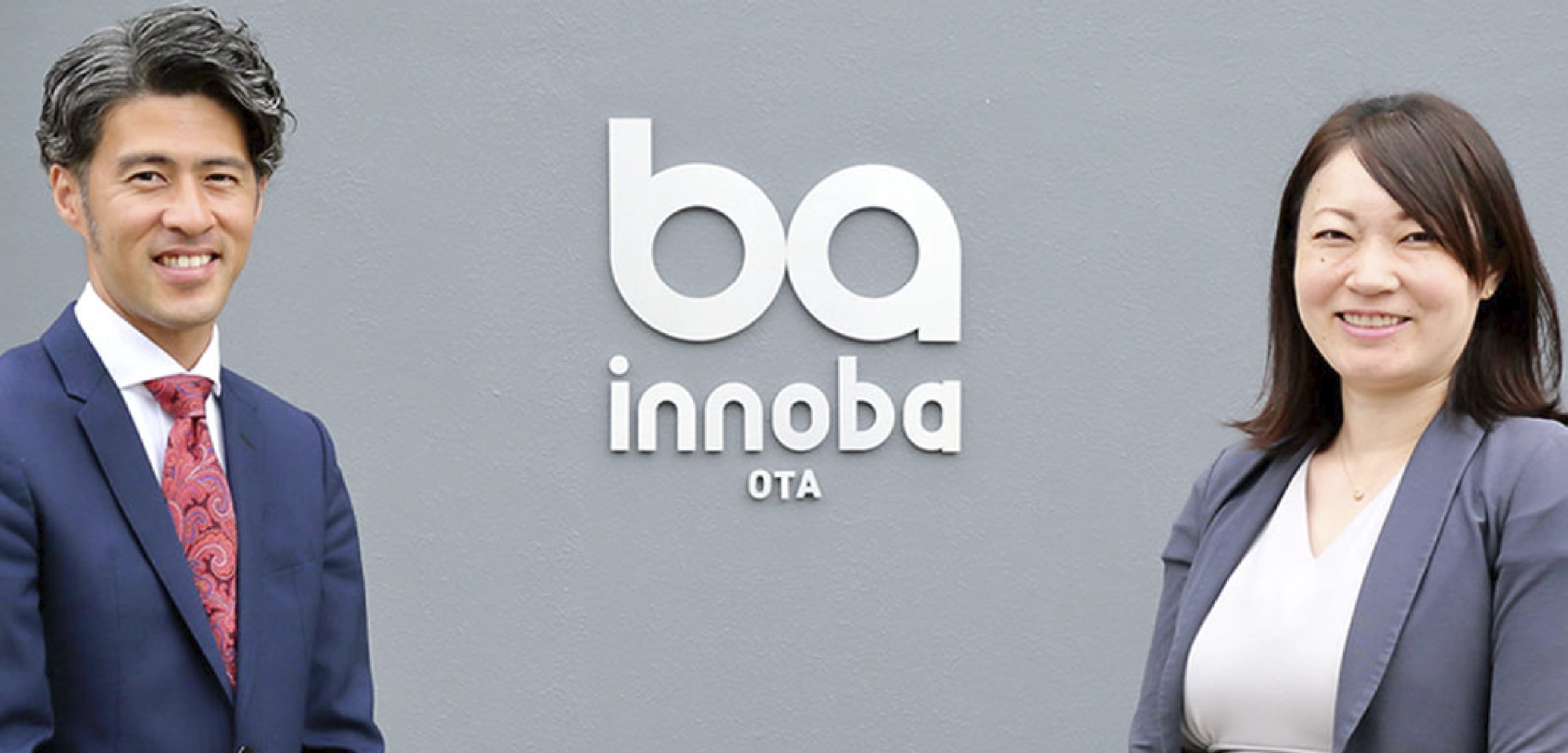
Please feel free to contact with us with any questions regarding facilities or to consult regarding projects.
We also welcome consultation and proposals regarding matters which have not yet reached the project stage.